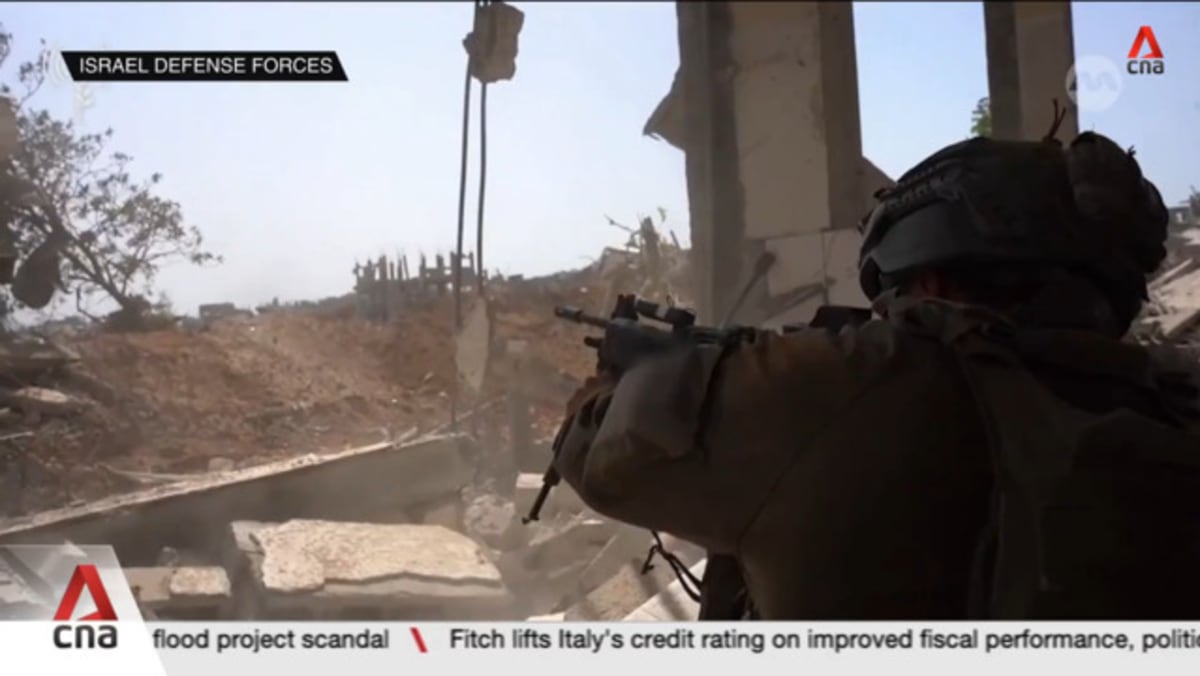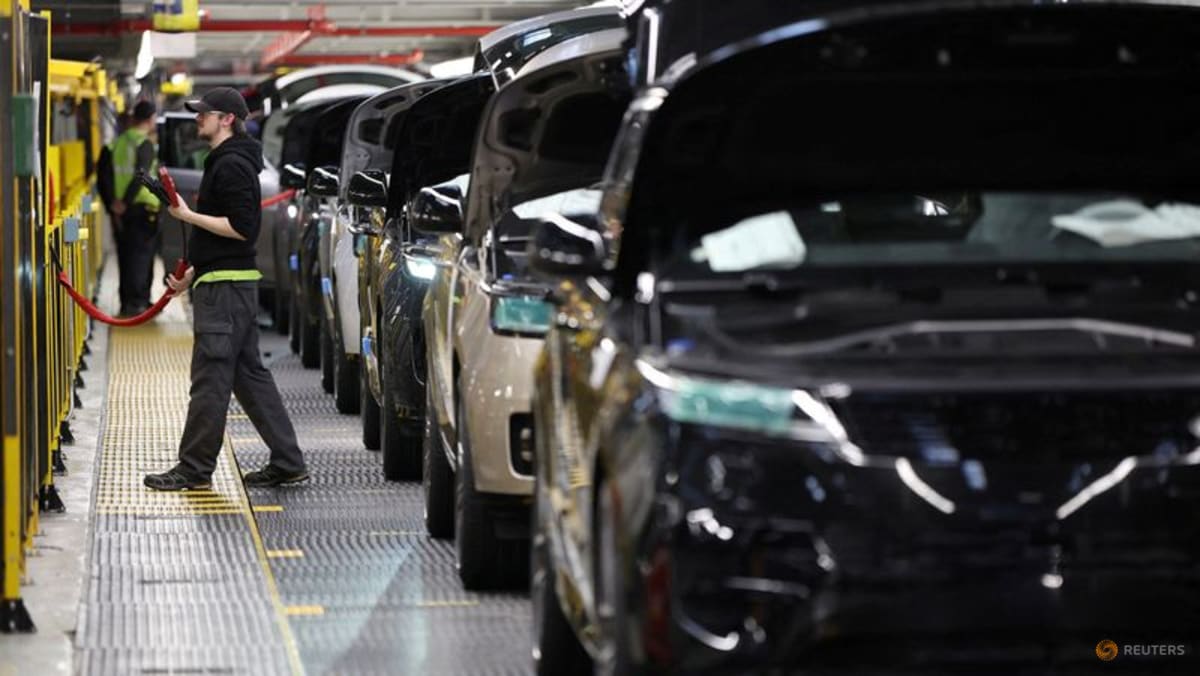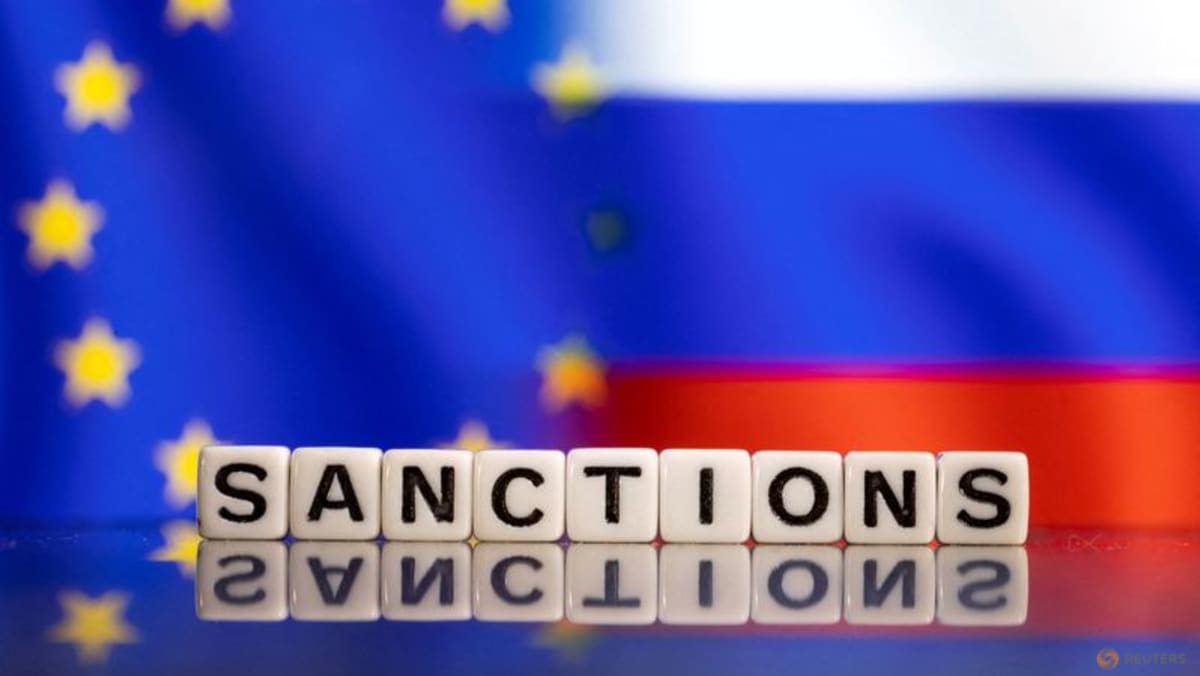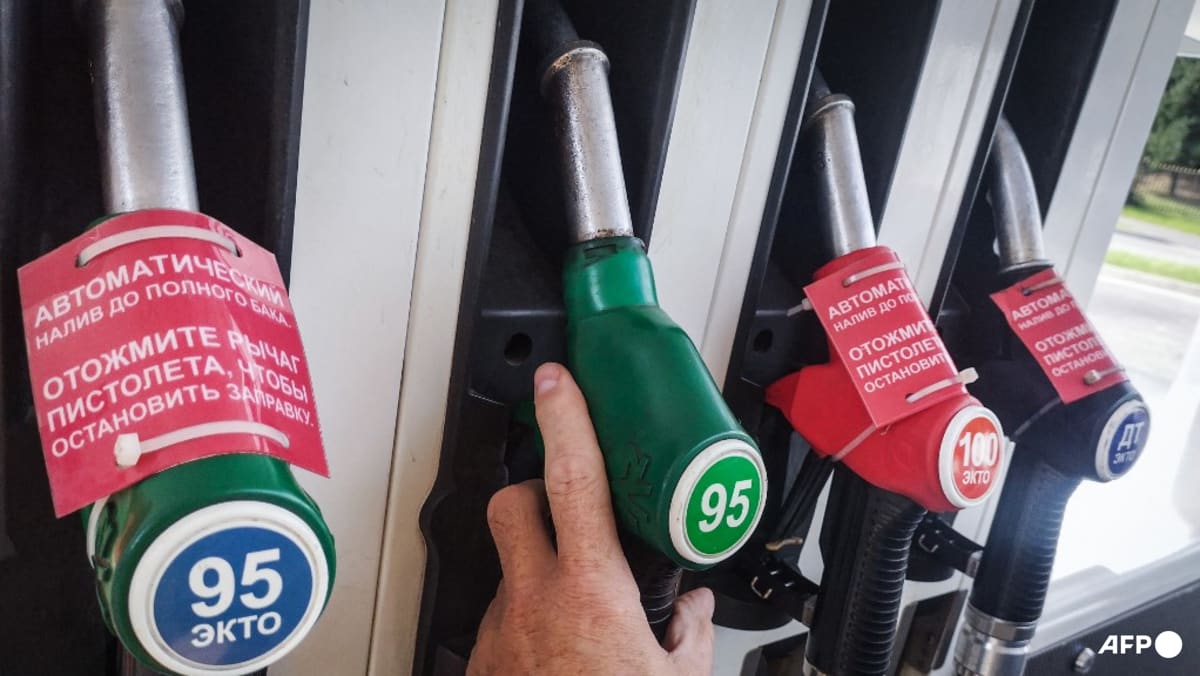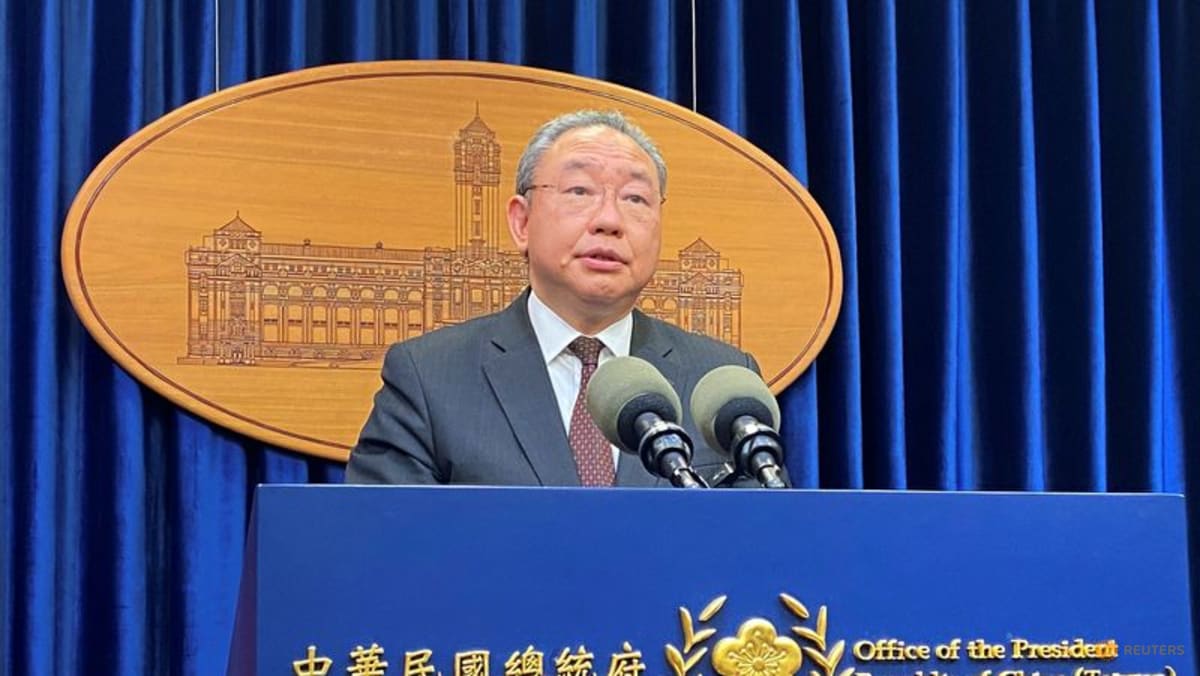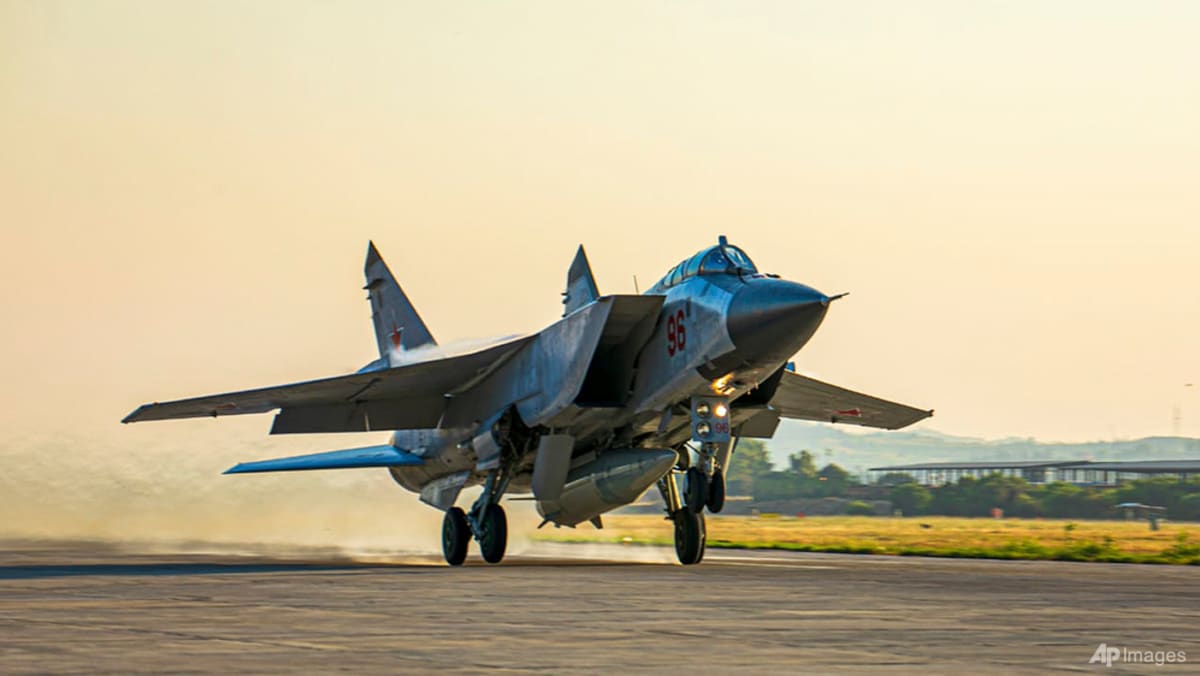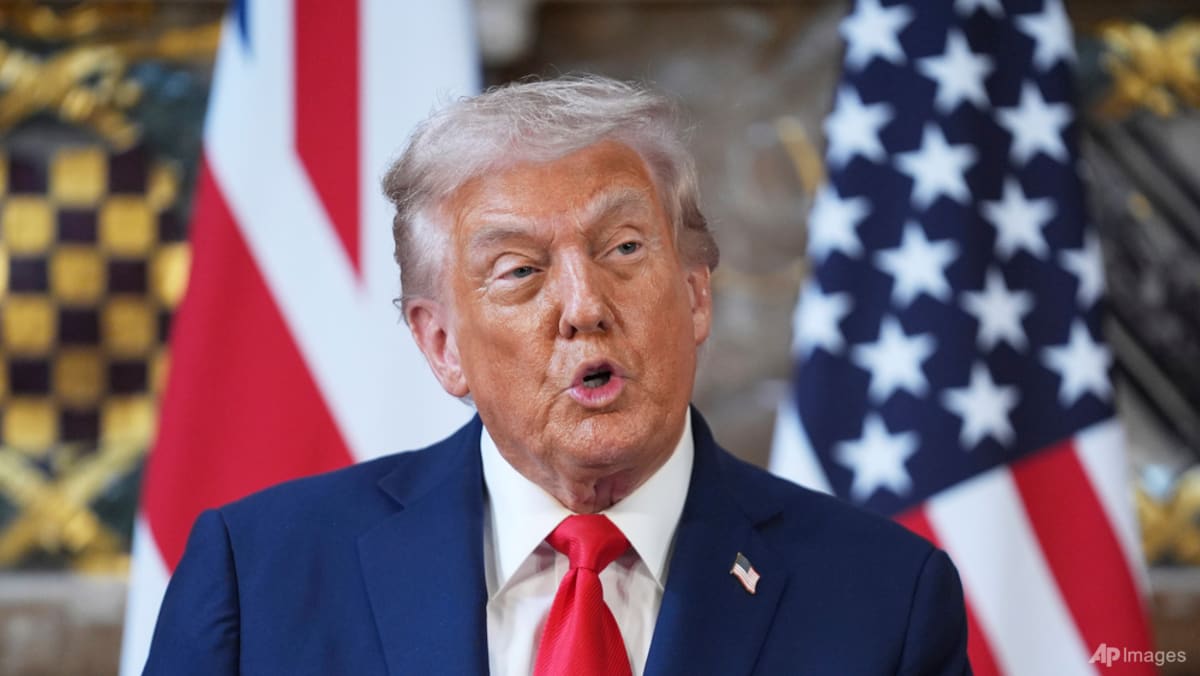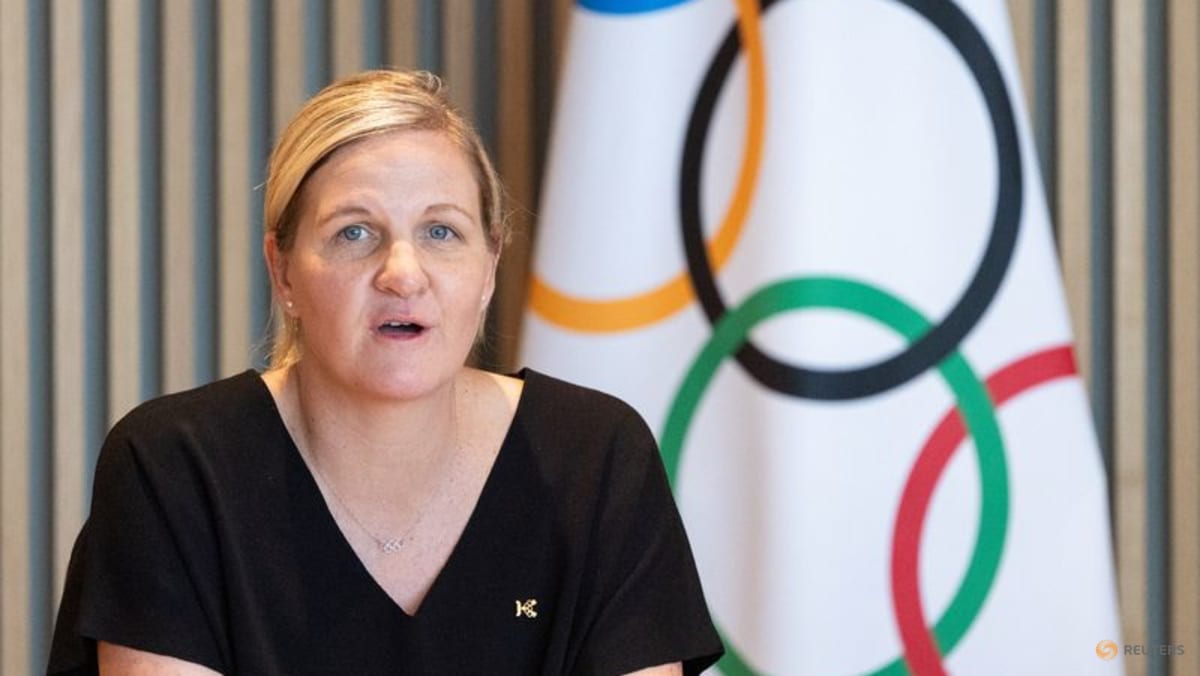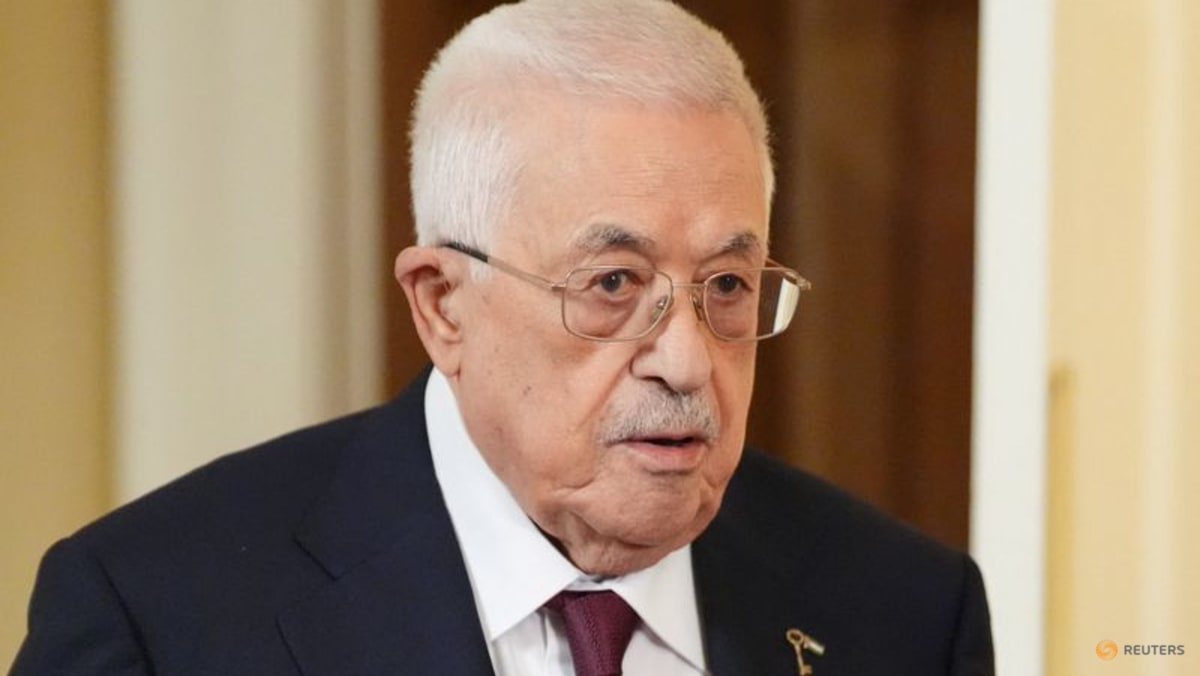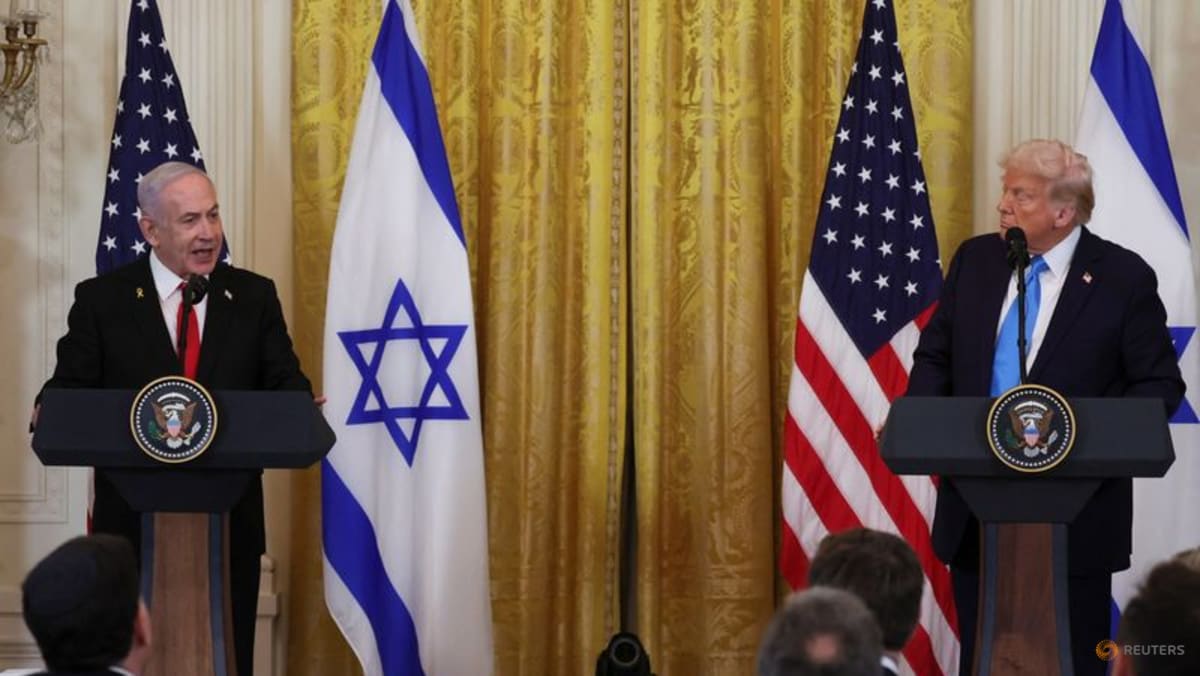BRUSSELS: The European Union and Britain announced fresh sanctions on Friday (Jul 18) targeting Russia’s oil revenue, banking sector and military capacity, aiming to intensify pressure on Moscow to end its war in Ukraine.
The move includes slashing the price cap on Russian oil exports, blacklisting additional vessels from Russia’s so-called shadow fleet, and expanding restrictions on financial transactions and dual-use exports. It marks the EU’s 18th package of sanctions since Russia launched its full-scale invasion in 2022.
EU foreign policy chief Kaja Kallas said the message to Moscow was “clear” — that Europe would “not back down” in its support for Ukraine. “The EU will keep raising the pressure until Russia ends its war,” she said.
UK JOINS PRICE CAP PUSH
British Foreign Secretary David Lammy said London was joining the EU in tightening the oil price cap, describing the step as “striking at the heart of the Russian energy sector.”
“As Putin continues to stall on serious peace talks, we will not stand by,” he said.
Ukrainian President Volodymyr Zelensky praised the new sanctions as “essential and timely.”
The oil price cap, originally introduced by the G7 in 2022, is designed to reduce Russia’s export revenues by preventing shipping and insurance firms from servicing oil sold above a fixed threshold.
The cap will now be lowered to 15 percent below global market prices, or roughly US$47.60 per barrel, according to EU officials. The limit can be adjusted as global oil prices fluctuate.
DIVISIONS OVER ENFORCEMENT
The updated price cap comes despite a lack of support from US President Donald Trump, who has yet to sign on to the revised limit.
EU officials acknowledged that the effectiveness of the measure would be diminished without Washington’s cooperation. They expressed hope that other G7 nations, including Canada and Japan, would align with the new approach.

